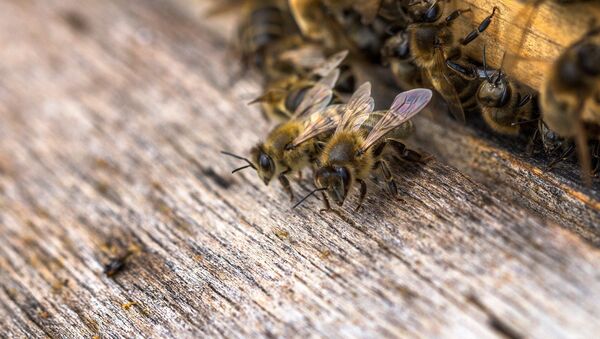Using data on 66 bumblebee species across North America and Europe over a 115-year-period, the researchers developed a model showing different climate scenarios.
The researchers then analyzed bumblebee populations across the continents during two main time periods. The first period was from 1901 to 1974, and the second period was from 2000 to 2015. The researchers also compared bumblebee populations to monthly average temperatures and total precipitation in those areas during the two time periods.
The researchers found that bumblebees thrive in cooler and wetter climates, and that the probability that a bumblebee species would survive in Europe dropped 17% between the two time periods. The drop was even more severe in North America, with the probability of survival falling 46% between the two time frames.
“We found that populations were disappearing in areas where the temperatures had gotten hotter. If declines continue at this pace, many of these species could vanish forever within a few decades,” Peter Soroye, the study’s lead author, is quoted as saying by Science Magazine.
Tim Newbold at University College London’s Centre for Biodiversity & Environment Research, who was also involved in the study, commented on the severity of the findings: “We were surprised by how much climate change has already caused bumblebee declines. Our findings suggest that much larger declines are likely if climate change accelerates in the coming years, showing that we need substantial efforts to reduce climate change if we are to preserve bumblebee diversity.”
Bumblebees play a very important role as pollinators of various plants, helping them reproduce. A decrease in the insects’ populations could therefore greatly affect ecosystems and agriculture.
“As these plants are then used by myriad other organisms, the decline of bumblebees can have cascading ecological [effects] that may collectively cause biodiversity loss,” Matthew Austin, a PhD student and researcher at the University of Missouri in St. Louis, is quoted as saying to the National Geographic. Austin was not involved in the study.

